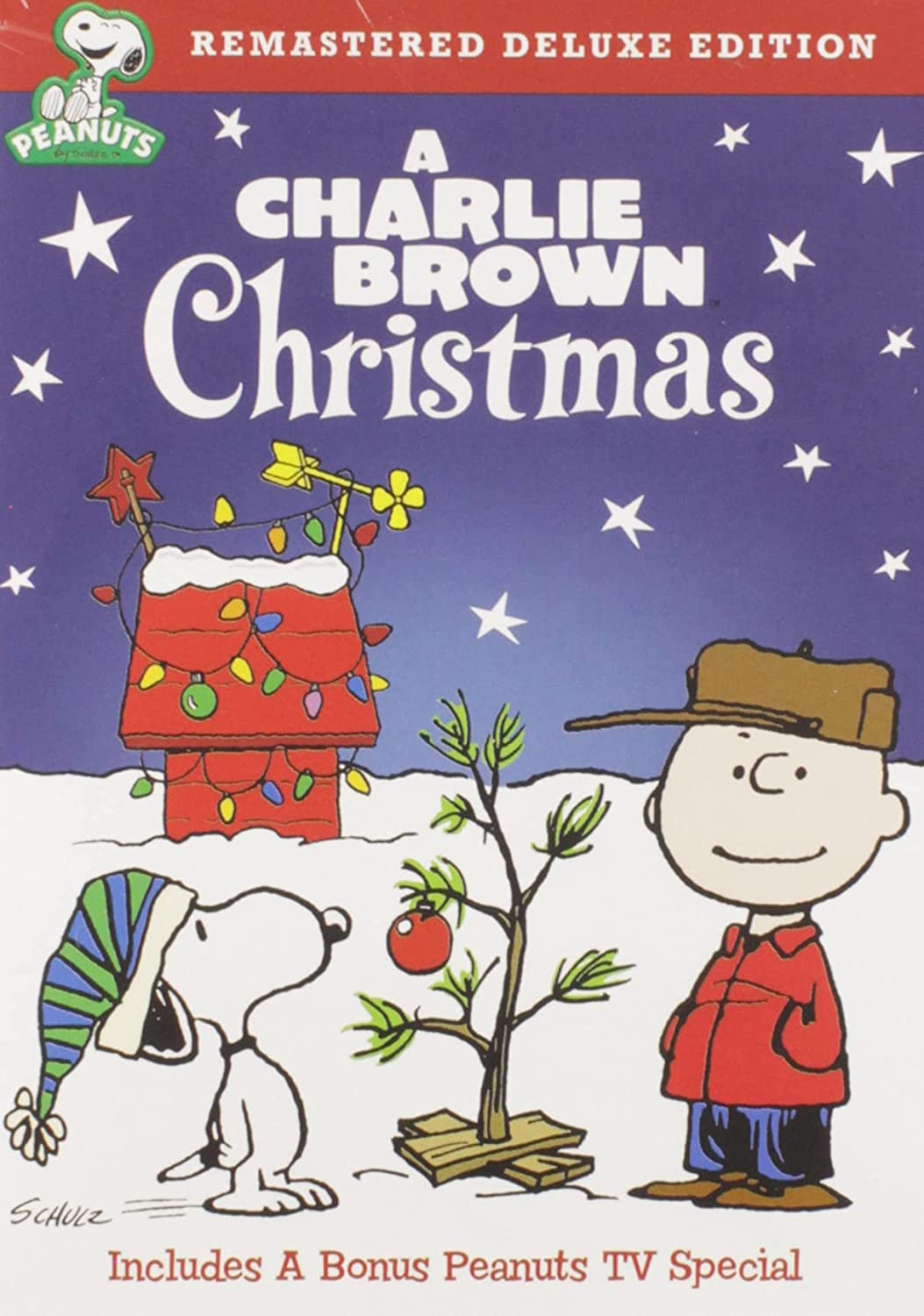If America’s most beloved blockhead taught us anything, it’s the power of perseverance. Who but Charlie Brown would try (and fail) to kick a football a few hundred times and still dust himself off to try again?
If Charlie Brown and the Peanuts gang taught fans additional lessons, many of them came by way of the iconic 1965 holiday special A Charlie Brown Christmas. Though early viewings appeared disastrous to CBS executives and sponsors, in its own Christmas miracle, the show’s premiere pulled in 15 million viewers (second only to Bonanza that week) and secured an Emmy, a Peabody, and a place in the hearts of generations of viewers.
As gentle and big-spirited as it is, for modern audiences, it’s also a little boring. Where are the death-defying action sequences? The celebrity voice actors? Or at least a cameo from Santa. Instead, audiences must settle for the story of a sad boy who fails to direct a Christmas play; selects the lowliest, sprig-sized tree on the lot; and finds himself at odds with a culture that prefers a more commercialized take on the holiday.
Insert a couple of Vince Guaraldi songs and that’s about it.
Though the plot falls short, the philosophy doesn’t. Re-watching it today feels like a masterclass in self-help. If Charles Schulz and Brené Brown had a love child, they’d name their sage Charlie Brown.
Read on for three Charlie Brown-inspired life lessons that extend well beyond the holiday season.
1. Good Grief, Your Feelings Are Your Own.
Moments after the opening ice-skating sequence, a visibly troubled Charlie Brown laments, “I think there must be something wrong with me, Linus. Christmas is coming, but I’m not happy. I don’t feel the way I’m supposed to feel.” He tries clarifying his feelings: “I might be getting presents and sending Christmas cards and decorating trees and all that, but I’m still not happy.” Rather than serve as a shoulder to lean on, Linus removes his thumb from his mouth just long enough to reply, “Of all the Charlie Browns in the world, you’re the Charlie Browniest.” Linus’s emotional invalidation only deepens Charlie Brown’s troubles. What a blow, and even more painful since it came from a supposed friend.
Linus’s dismissiveness serves as a lesson for the rest of us. We needn’t understand, or empathize with, someone else’s emotions. Simply acknowledging them is enough.
2. You Are Not the Disaster You Think You Are.
No sooner does Charlie Brown reveal his sprig-sized Christmas tree as the play’s centerpiece than his actors begin to revolt. One look at the lowly tree confirms what many of the children already assumed to be true: their play’s director, a perennial loser, is incapable of finding a win. “Boy are you stupid, Charlie Brown,” grumbles Violet. “You’re hopeless,” Patty adds. “You’ve been dumb before…” Lucy says, “But this time, you really did it.” As the actors storm off the stage, Charlie Brown is left alone with Linus and his humble tree. “Everything I do turns into a disaster,” he moans.
Not everything. Were it not for Charlie Brown’s “Everything-I-do-turns-into-a-disaster” outburst, Linus would never have shared his minute-long recitation from the Book of Luke. And if Linus hadn’t, then Charlie Brown would never have been inspired to bring his “tidings of great joy” in the form of his humble tree. And if he hadn’t, then Charlie Brown and the gang would’ve never bestowed upon the tree the necessary TLC to transform it from a sprig to a full-bodied fir.
As Charlie Brown demonstrates, the road is long and winding. And though our decisions can sometimes seem momentarily disastrous, that doesn’t mean that we are.
3. Be a Blockhead.
Following the sprig-sized Christmas tree’s extreme makeover, the Peanuts gang makes peace with Charlie Brown. “Charlie Brown is a blockhead,” Lucy says, “but he did get a nice tree.” Except, of course, that he didn’t. Charlie Brown got a terrible tree, though in doing so, he set into motion the ideal conditions to reveal his true message. “I won’t let all the commercialism ruin my Christmas,” Charlie Brown previously proclaimed to no one. “I’ll take this little tree home and decorate it and I’ll show them it really will work in our play.” And that’s exactly what he did. And that’s exactly how it played out. It was not the way he planned, of course, but the outcome remained the same. In placing principle over popularity, he opted for the real tree rather than the artificial version—despite the haranguing he knew would soon come.
Charlie Brown, we salute you. And we thank you for your lesson:
Sometimes, the head knows exactly what it wants; other times, we’re better off following our big, old blockheaded hearts.









